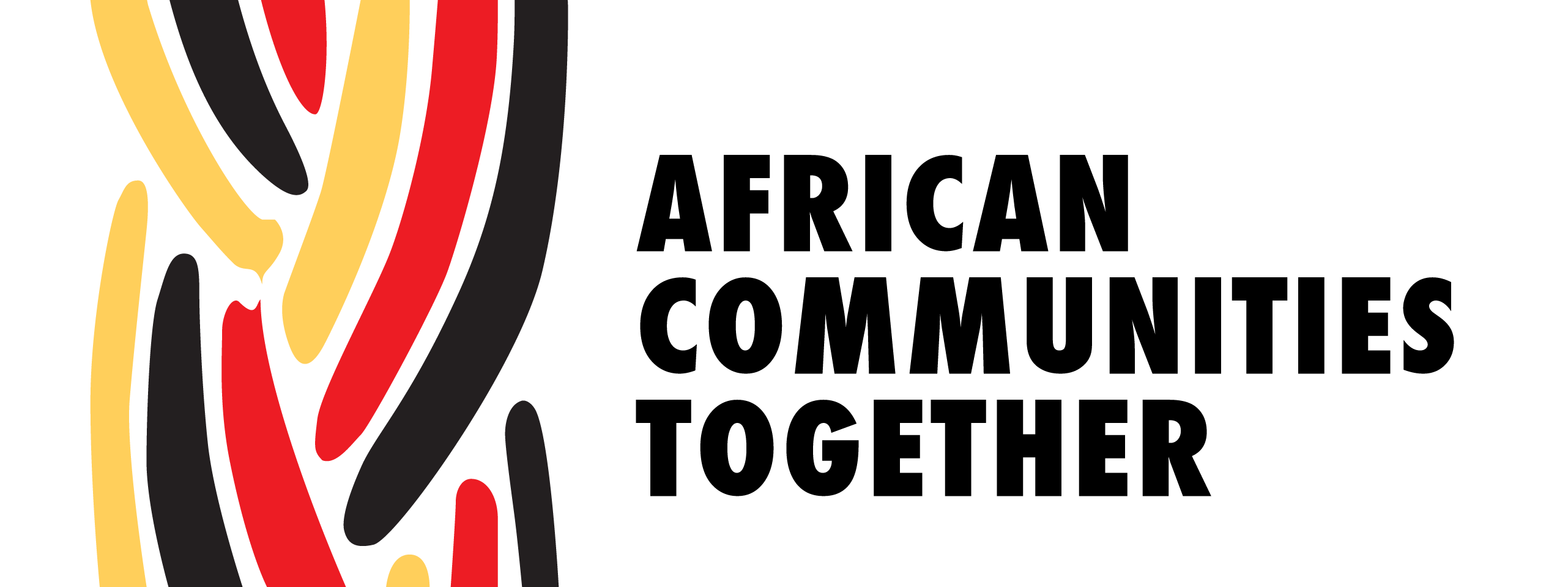Even Amid Progress in TPS Designations, Thousands of Black Immigrants in Danger of Being Returned to Inhumane, Violent, and Unstable Conditions
FOR IMMEDIATE RELEASE
February 15, 2022
CONTACT: Ricardo Ramírez, rramirez@fwdshift.com
Washington, D.C. — As our country commemorates Black History Month, the TPS-DED Administrative Advocacy Coalition (TPS-DED AAC) celebrates the work of Black immigrants, advocates, and organizers who have succeeded in securing life-saving immigration protection in the form of temporary protected status (TPS) for many immigrants. At the same time, the coalition renews its call on the Biden administration to designate, extend, and redesignate TPS for several Black majority countries. Without these measures, thousands of Black immigrants—parents, neighbors, and workers in the U.S.—risk a forced return to inhumane, violent, and unstable conditions.
“Far too many Black migrants in our communities are degrees away from being forced to return to areas mired in conflict and violence,” said Diana Konaté, policy director at African Communities Together. “Instead of flying Black migrants back to impossible conditions during Black History Month, the Biden administration should use this occasion as a moment to grant them safety and shelter through TPS.”
Over the past year, advocates have successfully secured TPS for Black-majority countries including Cameroon, Somalia, Haiti, Ethiopia, Sudan, and South Sudan. These designations have spared thousands of people from some of the most unspeakable conflicts, humanitarian crises, and climate change-fueled devastation. Even so, we note the measurably disproportionate effort required from advocates and affected communities from Black majority countries to receive these necessary protections.
While some Black immigrants are protected, too many face intolerable levels of danger. It is crucial for the Biden administration to designate all countries with conditions that make return untenable, including (but not limited to) Mauritania, Mali, and the Democratic Republic of the Congo (DRC).
“Growing up in the DRC meant I lived through some of the worst humanitarian disasters,” said Nils Kinuani, Immigration Department coordinator and Board Director for the Congolese Community of Washington Metropolitan. “With a death toll of over five million, it is clear that sending anyone back would put them in extreme danger. Let’s protect the Congolese people.”
The DRC, with five million deaths over 25 years, is experiencing one of the deadliest armed conflicts in modern human history. Since the end of October 2022, more than 186,000 people have been displaced—and many of them face grave atrocities, including gender-based violence as a weapon of war, the killing of civilians, abductions, machete raids, burning of homes, and looting.
Over in Mauritania, Black Mauritanians are enduring apartheid-like conditions, slavery, torture, and even death.
"Land grabs, cultural erasure, and enslavement of Black Mauritanians make for untenable crisis conditions for the country’s Black community,” said Zeinabou Sall, Human Rights Advocate Mauritanian Network for Human Rights. "A TPS designation for Mauritania has bipartisan support and the time to act is now.”
In Mali, conflict, and instability since the military coup in 2012 have plunged the country into a crisis with ample human rights violations and abuses against civilians, and even Russian mercenaries have committed war crimes. All of these conditions meet the statutory requirements for Temporary Protected Status.
With the increasing divisiveness and scapegoating of immigrants—especially those from Black-majority countries—by extreme political actors, it is of utmost importance that the Biden administration live up to its values and use the full breadth of its executive power to provide essential humanitarian protections in the form of TPS.
The TPS-DED AAC is a national coalition of more than 100 organizations with deep expertise in law and policy surrounding TPS and DED. Member organizations range from community-based organizations directly serving impacted communities in the United States to international NGOs, working in and providing insight from affected countries.
###
